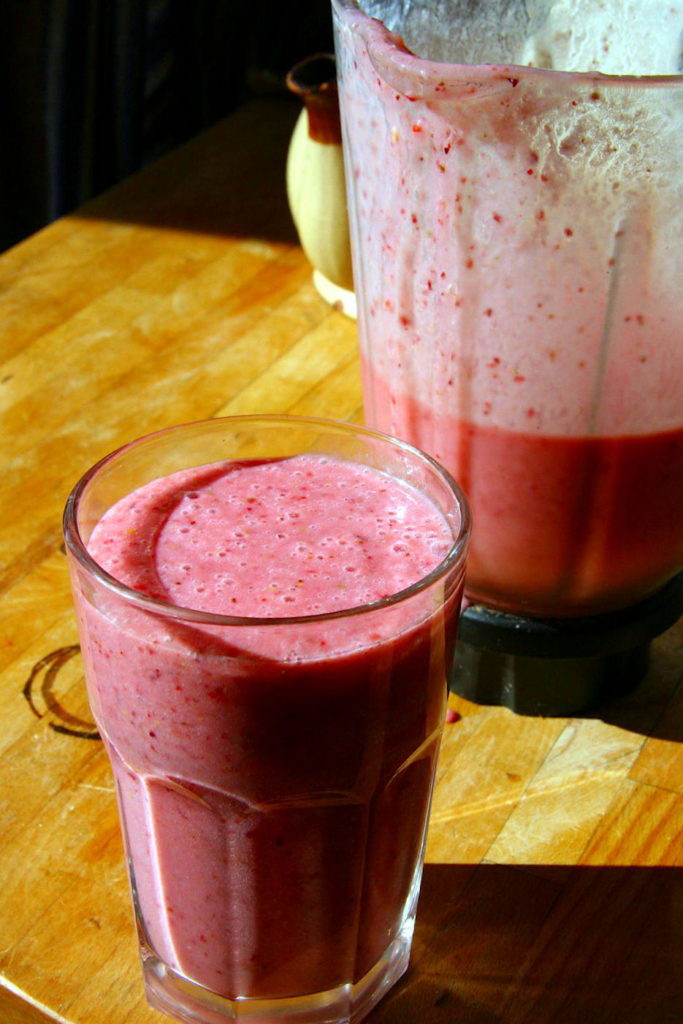
Alcohol is a drug that is one of the most commonly used and abused in the world. It is easy to get, cheap to buy, and sneaky in getting a hold on the consumer. Most people fail to realize there is a problem until it is too late and treatment is required.
The Odd Relationship between Alcohol and Humanity
In nearly every ancient civilization discovered, the determination was made that alcohol, in one form or another, was being consumed. Although there is no proof, it is easy to conclude that alcohol addiction most likely existed in these cultures as well. Modern culture pushes the use of alcohol in almost every social situation, without giving much thought to the dangers of developing an addiction. It seems humans have always had an odd affinity for substances that can prove harmful if abused and misused.
The Seriousness of Withdrawals
The level of addiction to alcohol can vary, but the results of a serious addiction are sobering. A condition called Delirium Tremens can result from alcohol levels that are elevated and suddenly drop. It can bring about tremors, severe agitation, fever, hallucinations, seizure, and death. It is imperative to maintain alcohol levels until detox treatment can begin. It is not recommended to self-detox with severe alcohol addiction under any circumstance. The risk is too high for symptoms that require medical attention. It is not difficult to ascertain this level of dependence. Missing out on a few drinks during the day can begin the tremors and feelings of agitation or discomfort.
Signs of Alcohol Addiction
In the beginning stages of alcohol addiction, the signs are more subtle and harder to pick up. It is typical to experience feelings of denial that there is a developing problem. Some of the signs are
– Craving alcohol, especially at odd times
– Drinking alone, or in secret
– Hiding alcohol in the home, car, or office
– Inability to get drinking off your mind when cravings start
Mood swings and unexplained bouts of anger are hallmarks of increasing alcohol addiction. It becomes easier to notice the addiction taking hold when tolerance builds, and withdrawal symptoms appear at decreasing amounts of alcohol use.
Symptoms of Withdrawal from Alcohol
The level of symptoms experienced from alcohol withdrawal varies by the individual and the amount of alcohol consumed daily. You should seek medical assistance if any of the symptoms become severe or debilitating. The more serious symptoms can end up life-threatening. Symptoms can include
– Anxiety or depression
– Fatigue and generalizes aches and pains
– Insomnia
– Nausea and vomiting
– Dizziness
– Fever
– Nightmares
– Profuse sweating
– Irritability and mood swings
– Headaches
– Tremors
– Seizures
– Muddled thinking patterns
Choosing to Accept Help and Treatment
Many people addicted to alcohol refuse to seek treatment until there are no other options. It is hard to deny a problem if your life is completely falling apart due to excessive alcohol use. Alcohol addiction can cause the loss of a job, marriage, relationship, family support, home, personal property, or lead to legal problems and criminal charges from DUI. Begin discussing treatment options with trusted friends and relatives. Gather information about treatment centers near you. The more you learn about the treatment process, the more comfortable you will feel in getting started.
Inpatient Detox and Treatment
The severity of withdrawal symptoms from moderate to severe alcoholism requires medical detoxification to ensure your safety. You need a highly supervised setting that can handle any medical emergency springing from the withdrawal. You will experience a gradual reduction in alcohol levels for comfort and minimizes the symptoms.
Outpatient Detox and Treatment
Outpatient treatment is possible for those with a mild to moderate alcohol addiction. Sedating medications are available to increase the comfort level of withdrawal. It is still imperative to have someone with you during this part of the process. You will have to check in with a medical professional once each day to determine your health during detox. It is perfect for those that catch the addiction during early stages.
The Ongoing Fight
Your battle in breaking free of alcohol addiction is an ongoing process. Detox is the beginning of the road you have to travel. Counseling and leaning on a support group will help bring you through the moments you feel weak and want to take a drink. You will feel stronger with each passing month and year of sobriety. Moreover, you should consider going to a rehab facility away from home. For example, if I live in Florida, I would enroll in an outpatient drug rehab program in Washington State. This would help with a lot of the social factors that might effect your recovery process.
Go to https://www.detoxlocal.com/alcohol-detox/ and begin your search for a treatment center that specializes in alcohol addiction today!


